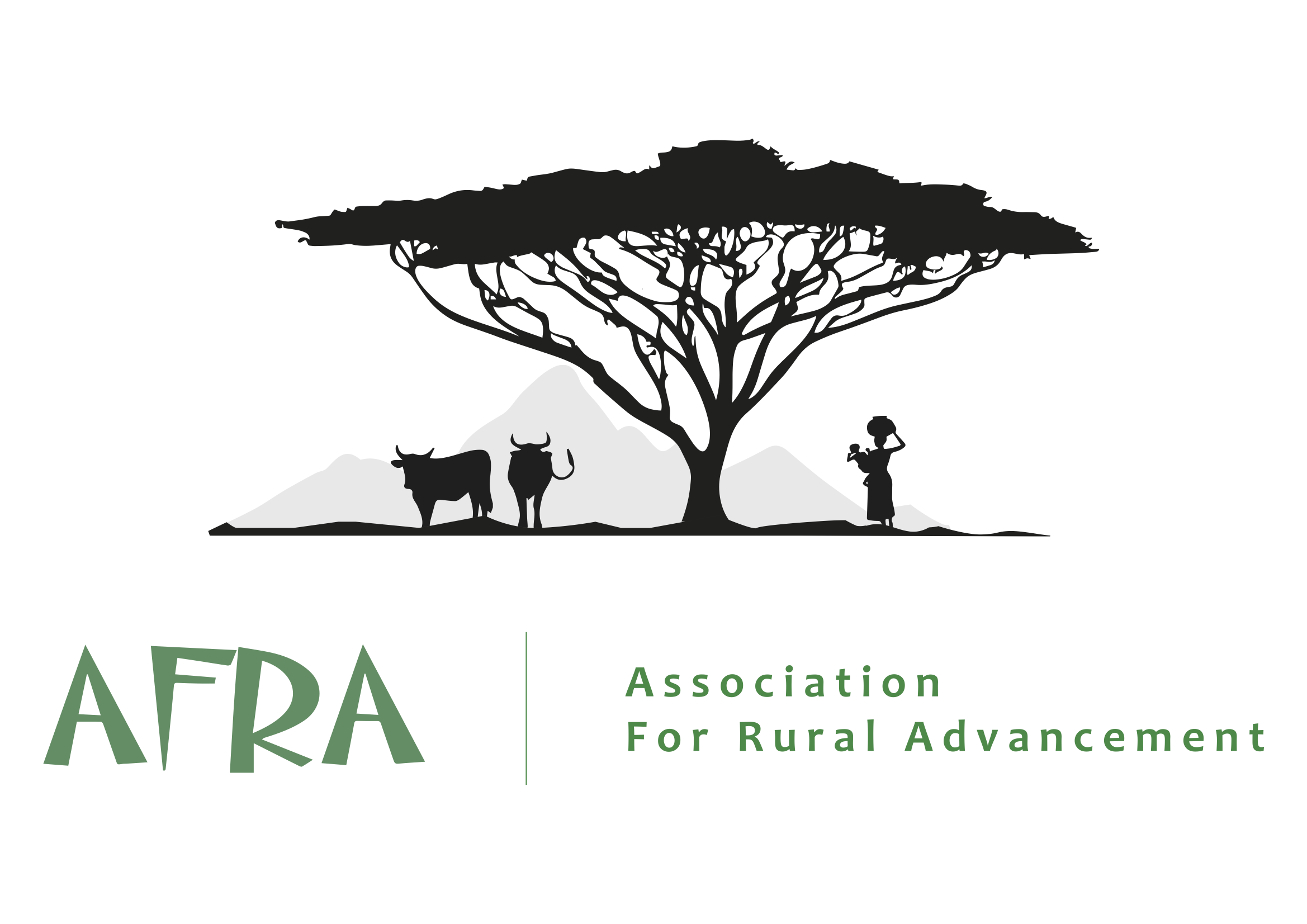Focal point
Location
Pietermaritzburg
3200
Tshintsha Amakhaya is a civil society a
AFRA is a land rights advocacy non-governmental organisation (NGO) working since 1979 to support marginalised black rural people, with a focus on farm dwellers. We are working towards an inclusive, gender equitable society where rights are valued, realised and protected, essential services are delivered, and land tenure is secure. We work intensively with communities in and around the uMgungundlovu District Municipality in KwaZulu-Natal, South Africa, and extensively in offering support and advice.
Our Vision is an inclusive and gender equitable society where rights are valued, realised and protected.
Our Objective is to identify, promote and support pathways to achieve security of tenure and access to services for people on farms.
Our Development Goal is that the living conditions of farm dwellers have improved, as they have secure land tenure and they are able to access services to improve their livelihoods.
Members:
Resources
Displaying 1 - 5 of 39‘Counting in’ Farm Dwellers: Using Record-Keeping to Realise the Right of People Living on Commercial Farms
Farm dwellers – that is, people who live on commercial farms owned by someone other than themselves – are a heterogeneous social group whose socio-economic rights, including those to land, continue to be violated and neglected. Little progress has been made in realising the constitutional rights farm dwellers have to housing, water, sanitation and security of tenure. A key reason for this is that farm dwellers are not ‘legible’ to the state: there is no data available that enables the state to plan and implement programmes targeting them.
Land Rights Alternative Dispute Resolution Mechanism
This guide seeks to promote the use of ADR mechanisms to settle land rights disputes involving occupiers, labour tenants, landowners, claimants and other key role-players. It further aims to educate and capacitate ADR facilitators to have an understanding of the legal provisions that govern the relationships between different right-holders of land, particularly on farm land.
Mwelase and Others v Director-General for the Department of Rural Development and Land Reform and Another (CCT 232/18) [2019] ZACC 30; 2019 (11) BCLR 1358 (CC) ; 2019 (6) SA 597 (CC) (20 August 2019)
On 20 August 2019 at 10h00 the Constitutional Court handed down judgment in an application for leave to appeal against the judgment and order of the Supreme Court of Appeal (SCA). This case concerned the failure by the Department of Rural Development and Land Reform (Department) to process land tenant applications submitted in terms of the Land Reform (Labour Tenants) Act 3 of 1996 (LTA). Because of that failure, the Land Claims Court (LCC) ordered the appointment of a Special Master for labour tenants to assist the Department in its implementation of the LTA.
SURPLUS PEOPLE: Farm dwellers in uMgungundlovu District, KwaZulu-Natal
This is AFRA’s research, which took place from April to September 2017, a survey of 842 farm dweller households consisting of 6,478 men, women and children, living on 81 farms across the seven local municipalities of the UMgungundlovu District.
A Slipping Hold? Farm Dweller Precarity in South Africa's Changing Agrarian Economy and Climate
The paper investigates whether farm dwellers in the KwaZulu-Natal (KZN) province of South Africa are subject to a “double exposure”: vulnerable both to the impacts of post-apartheid agrarian dynamics and to the risks of climate change. The evidence is drawn from a 2017 survey that was undertaken by the Association for Rural Advancement (AFRA), which is a land rights Non-Governmental Organization (NGO), of 843 farm dweller households. Data on the current living conditions and livelihoods was collected on 15.3% of the farm dweller population in the area.




